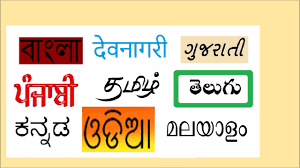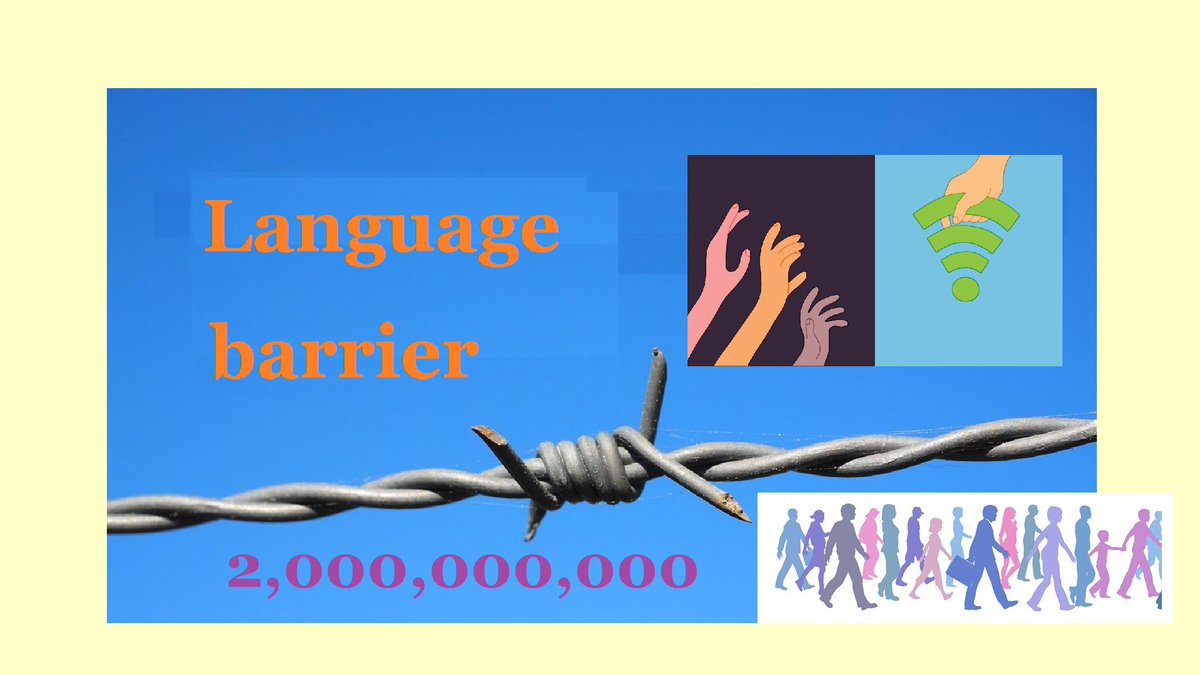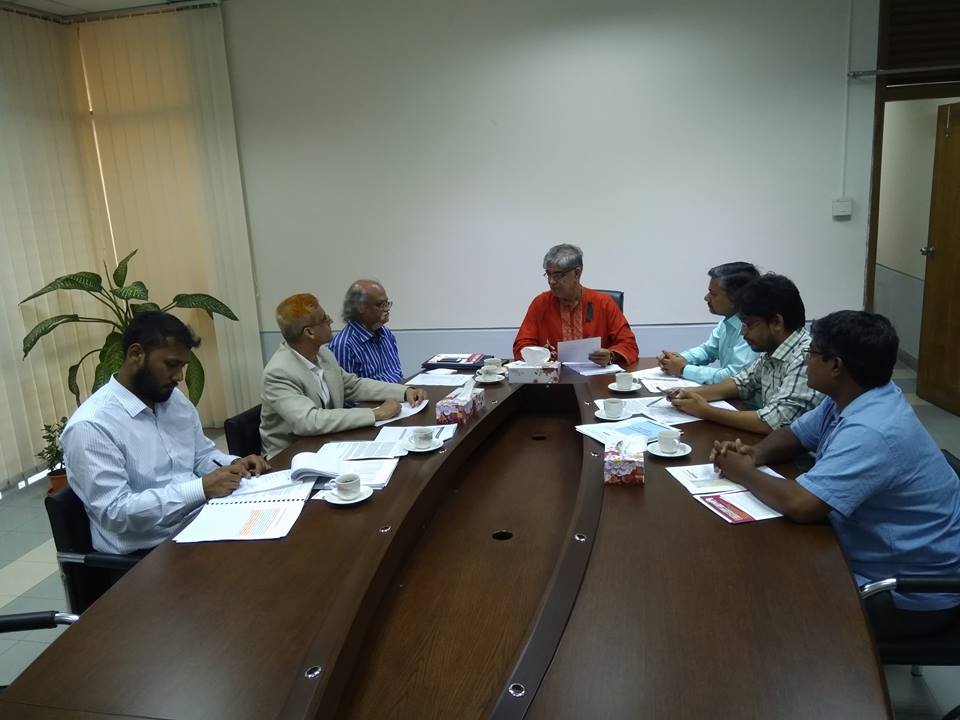High-Level Technical Meeting on Neo-Brahmi Generation Panel(NBGP): Neo-Brahmi Scripts Forms Generation Panel for Developing the Root Zone Label Generation Rules (LGR)
AHM Bazlur Rahman- S21BR, Chief Executive Officer of Bangladesh NGOs Network for Radio and Communication
@ High-Level Technical Meeting on Neo-Brahmi Generation Panel(NBGP), The government of the People’s Republic Bangladesh Linguist and Technical Expert Committee, 4:00 pm 13 August at Meeting Room. ICT Division, Sher -e- Bangla Nagar, Dhaka, Bangladesh

High-Level Meeting presided by HE. Mr. Mustafa Jabbar, Hon’ble Minister for Ministry of Posts, Telecommunications and Information Technology,
Getting an Internet domain name in English is in the past, now get ready to have it in Bangla language. The Internet Corporation for Assigned Names and Numbers (ICANN), the non-profit corporation with the responsibility for Internet’s Domain Name System (DNS) management worldwide, has been on the job to support domain names.
ICANN has been working towards building the rules for secure and stable definition of the top-level domains for scripts used globally, so that people with no knowledge of English are able to go online and access the websites with the domain names completely in their languages.
 For example, one can enter the domain in Bangla to get Bangla content, instead of typing a domain name in English for this purpose, which is the current practice.
For example, one can enter the domain in Bangla to get Bangla content, instead of typing a domain name in English for this purpose, which is the current practice.
About 52 percent of the world population have access to Internet now and ICANN is contributing towards bridging the digital divide. “Many of the remaining 48 percent are non-English speaking people and those who do not have the ability to type in English. The work will allow domain names to be available for these people in their languages.
Searching content in regional languages is already possible in Google and other search engines, he said the current effort is focused on enabling the domain names in regional languages, which in turn would enable the system to publish local language content being searched.
The Neo-Brahmi Generation Panel, as it is called, consists of more than 60 technical experts and linguists from India, Bangladesh, Nepal, Sri Lanka and Singapore, where these languages and scripts are used.
The Brāhmī script has been the progenitor of all scripts used to write Modern Indo-Aryan languages, Dravidian and to a lesser extent script of the Tibeto-Burman and Munda families. It was also adopted by a large number of cultures in Southeast Asia to transcribe their languages: Burmese, Thai, Lao, Khmer (in South-East Asia), and others in Central Asia (including Tibetan), some of which are no longer in use but attest to the spread of Brāhmī. Like Arabic and Latin scripts, it thus constitutes a script that was the mother of many others.
The Neo-Brāhmī group is so named to cover all such scripts used today and which are based on Brāhmī. The origin of Brāhmī is a debatable question. Some scholars treat it as based on the Semitic writing system: Phoenician or Aramaic. Others view it as an indigenous Indian invention, often associated with the Indus Valley script.
Bengali: Often termed as Bangla by linguists and grammarians, is historically related and similar in design to the Devanāgarī script and with one or two exceptions has the same consonant and vowel set,
